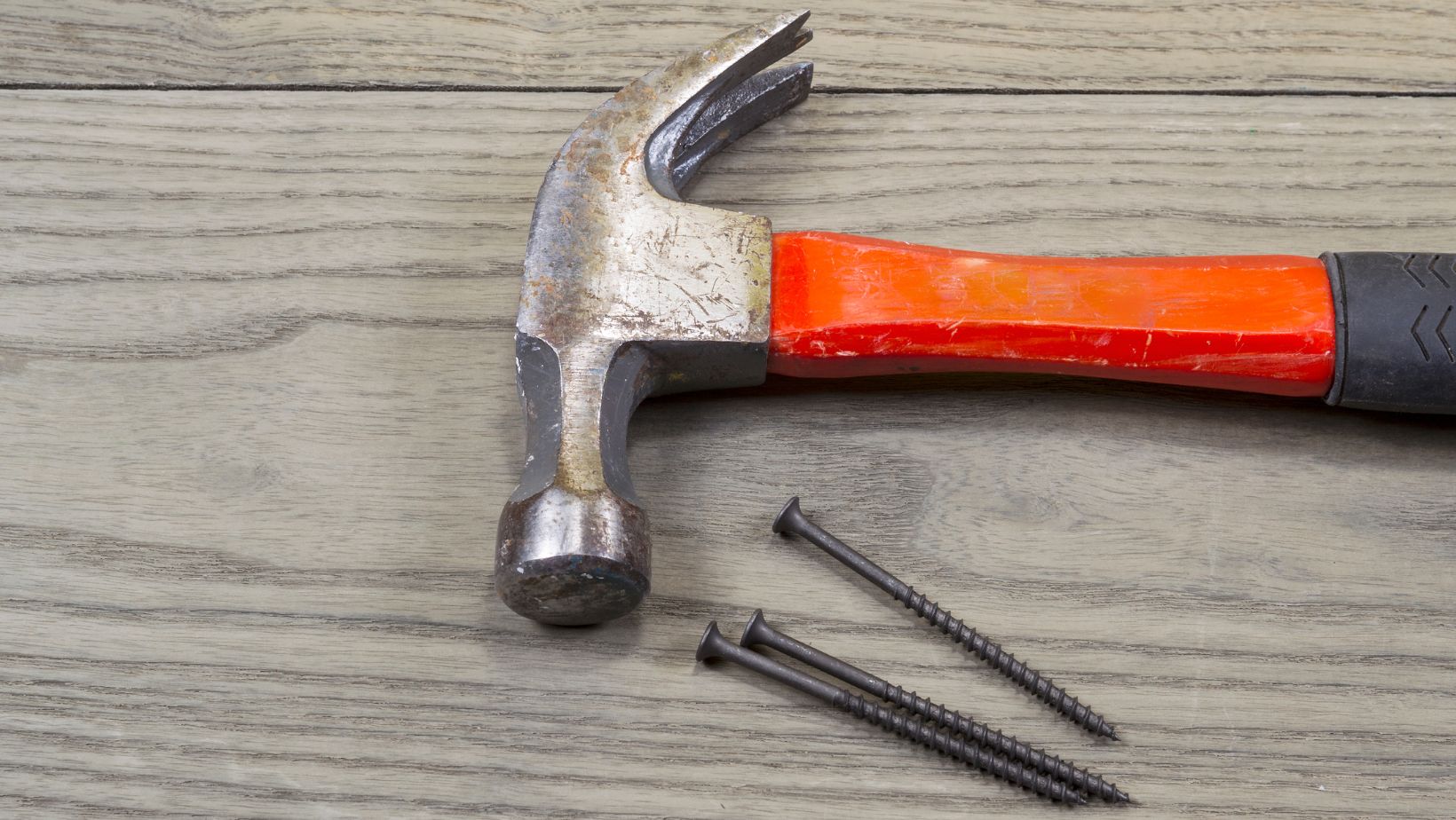
Basic Home Repair Tools: Essential Items Every Homeowner Must Have
Basic Home Repair Tools
Basic home repair tools are essential for homeowners to have on hand. Whether you’re fixing a leaky faucet, tightening a loose bolt, or hanging a picture frame, having the right tools can make all the difference.
Some of the most important basic home repair tools to have include a hammer, screwdrivers (both flathead and Phillips), pliers, adjustable wrench, level, tape measure, and a utility knife. These tools can handle a wide variety of tasks around the house and are relatively inexpensive to purchase.
Even if you don’t consider yourself handy, having these basic home repair tools on hand can save you time and money in the long run. Plus, it’s always empowering to be able to tackle a small home repair project on your own. With these tools, you’ll be well-equipped to handle whatever basic repairs come your way.

Must-Have Basic Home Repair Tools
As a homeowner, having basic home repair tools is crucial for everyday maintenance and minor repairs. Investing in the right tools can save you time and money in the long run, as well as give you the confidence to tackle simple repairs yourself.
Here are some essential basic home repair tools that should be in every homeowner’s toolbox:
- Hammer: A hammer is used for driving nails into surfaces such as walls and wood, as well as for general demolition tasks.
- Screwdriver Set: A screwdriver set is used to tighten or loosen screws or bolts. It comes with different sizes and types of screwdrivers to accommodate various screw heads.
- Pliers: With pliers, you can grip, twist or cut wires or wires.
- Tape Measure: A must-have tool for measuring a space to fit equipment such as furniture or for cutting and fitting household materials such as curtains.
- Level: A level comes in handy when hanging frames and shelves to ensure they are straight.
- Utility Knife: A good, sharp, retractable utility knife handles everyday cutting tasks such as opening cardboard boxes and cutting drywall or linoleum.
- Wrench Set: A set of wrenches is useful when tightening or loosening bolts or nuts. An adjustable wrench can also handle different sizes of nuts and bolts.
- Cordless Drill: A cordless drill makes it easy to drill holes or drive screws into surfaces such as wood, concrete, or metal. A good drill should have variable speeds, adjustable clutch settings, and an easily rechargeable battery.
- Stud Finder: A stud finder helps to locate studs behind walls. This is important when hanging heavy items like televisions or mirrors.
- Safety Equipment: This includes safety glasses, gloves, and hearing protection when working on loud, dusty, or potentially harmful projects.
By having these essential basic home repair tools, you can be sure that you are ready to tackle any minor repairs or maintenance tasks that come your way. With practice, you can gain more confidence and develop proficiency with these tools, allowing you to be more independent and save money on hiring handymen.
When it comes to basic home repair tools, it’s important to choose the right ones for the job. Having a well-rounded toolkit can save you time and money, and prevent the need to call in a professional for minor repairs. Here are some tips for choosing the right tools for your home repair kit:
- Consider the types of repairs you may need to make. Are you handy with woodworking or do you mostly deal with plumbing issues? Make a list of the tools you’ll need to tackle any common repairs around the house.
- Invest in quality tools. Basic doesn’t have to mean cheap. Investing in higher quality tools will not only help you get the job done more efficiently, but they’ll last longer, saving you money in the long run.
- Don’t forget safety gear. Safety should always come first. Make sure you have gloves, eye protection, and masks on hand for any repair task that may require them.
- Organise your tools. Keep your tools organised so you can easily find what you need when you need it. Consider using a toolbox or wall-mounted storage unit to keep everything in its place.
By following these tips, you’ll be able to create a basic home repair toolkit that will allow you to handle minor repairs quickly and efficiently, saving you time and money in the long run.
